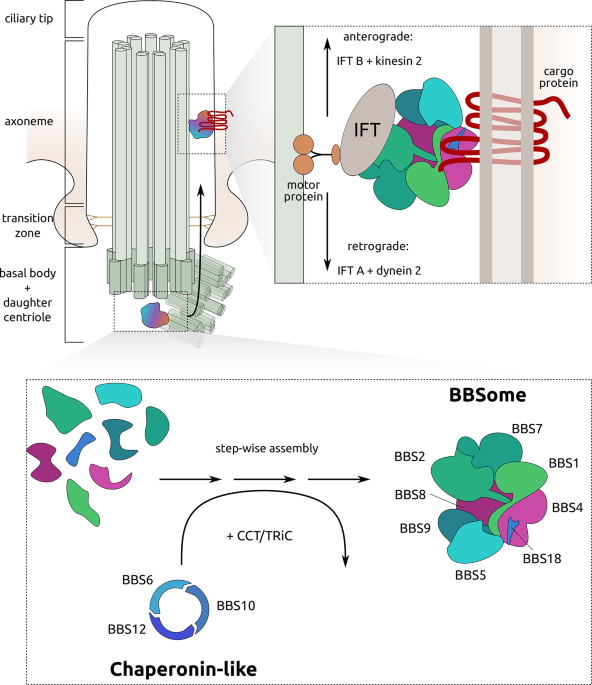Competition Intensifies as Novo Nordisk Struggles with Wegovy's Market Position

Novo Nordisk, the Danish pharmaceutical giant, finds itself at a crossroads as it navigates the competitive landscape of the U.S. weight-loss drug market. Despite the early success of its obesity treatment Wegovy, the company's failure to heed internal warnings about launch preparedness has left it vulnerable to competition, particularly from Eli Lilly's Zepbound. This oversight has sparked a reevaluation of Novo Nordisk's leadership and strategic direction.
The launch of Wegovy in mid-2021 marked a significant milestone for Novo Nordisk, being the first highly effective obesity treatment approved in the United States. The drug quickly became a financial boon for the company, generating $46 billion in net profit. However, the emergence of Zepbound, which has surpassed Wegovy in weekly new prescriptions, has raised concerns about Novo Nordisk's ability to maintain its competitive edge in a rapidly evolving market.
Internal discussions at Novo Nordisk revealed a divide over the timing and strategy for Wegovy's commercial launch. Sales and marketing executives advocated for a more cautious approach, emphasizing the need for adequate supply and health insurance coverage to ensure patient accessibility. Despite these warnings, the company proceeded with an aggressive launch strategy, a decision that has since been called into question as patients grapple with the high cost of treatment, which can reach up to $1,300 per month.
In response to these challenges, Novo Nordisk has initiated a reorganization of its leadership team, including the departure of key executives such as U.S. chief Doug Langa. The company's struggles underscore the complexities of navigating the pharmaceutical market, where strategic missteps can quickly erode a competitive advantage. As Novo Nordisk seeks to recalibrate its approach, the weight-loss drug market continues to attract significant attention, with investors and patients alike watching closely to see how the company will adapt to the increasing competition.


